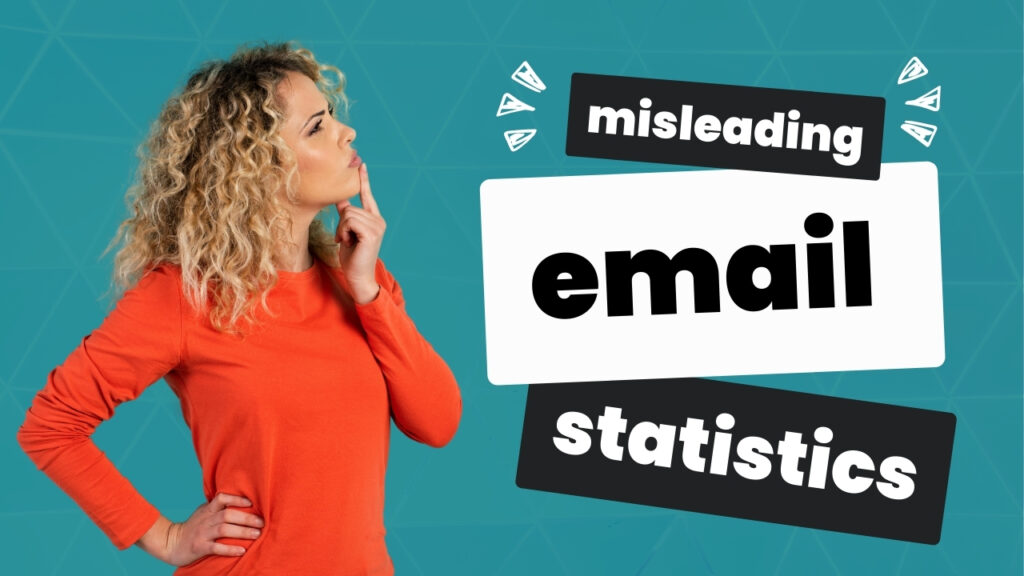I love it (and you will too) because it makes your marketing messages memorable. So they grab attention and stick with your reader. Which helps you earn more leads, customers, and clients.
It’s easy to use – you probably already do – and even easier to overuse.
So, a warning: When taken too far, this tactic can work against you, costing you clarity and putting conversions at risk.
I cut at least one (usually more) of these copy-polluting phrases every time I edit.
To find out what it is and how to use it without abusing it, stream my 2-minute copy confession:
TRANSCRIPT:
What’s your toxic trait? Copywriting edition. I’ll start.
Hi, I’m Paige from The Impact Copywriter. And, if I spot an avenue to alliteration, I’m going to take it. (See what I did there?)
An alliteration is the occurrence of the same letter or sound at the beginning of words that are close to each other, for example:
conversion copywriting
persuasive sales pages
engaging emails
(^ You see all of those on my website.)
In copywriting, we use this tactic to make messages memorable.
An alliteration, when done well, lets your words roll off the tongue. Overall, the effect is a pleasant one.
But, when taken too far, an alliteration sometimes sacrifices clarity and can come off like a tongue twister.
Maybe you’re familiar with the phrase:
Peter Piper picked a peck of pickled peppers.
That phonetic difficulty is not something we want in our marketing messages. Because too much alliteration makes consuming the copy difficult for the reader.
Consider this CTA:
Looking for a capable copywriter who crafts compelling campaigns?
It’s too much, right?
As far as I know, there are no concrete rules or guidelines around how to use alliterations. But I find, based on personal experience, the best approach is to stick to 2, maybe 3, words per the alliteration.
Three words is the cutoff point where it could start to sound Doctor Suess-y.
So read it aloud to be sure.
And always, if your alliteration sacrifices clarity, cut it.
Think back to my intro. “Avenue to alliteration” would have been clearer as “opportunity for alliteration.”
Clarity trumps cleverness in all contexts.
Oh, see, that was the Cs, and it sounded okay.
What about you? When it comes to copy, what’s your toxic trait?


